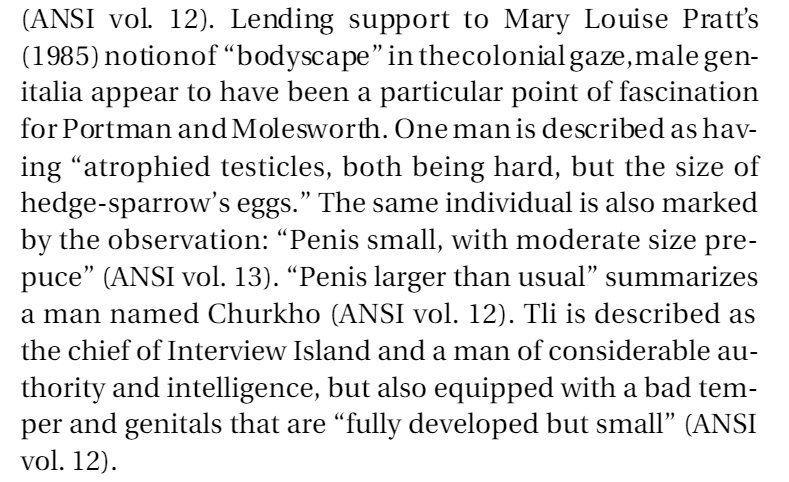In John’s gospel, Jesus commands that followers would “love one another as I have loved you. No one has greater love than this, to lay down one's life for one's friends.” (John 15:12-13)
For Jesus-centric Christians (Christians that view the Bible through the lens of Jesus and actively follow Him, claiming that in Christ and with the help of the Holy Spirit, we are able to live like Jesus), what does this verse about wisdom mean for us?
What is human wisdom?
In the Bible we find many books including Job, Psalms, Proverbs, Ecclesiastes, and Song of Solomon.
Other human wisdom include mainstream “-isms.”
Laws and governments are built around human wisdom. We train up our children and societies’ criminals and occasionally our neighbors based on discipline by human wisdom.
More personally, we protect ourselves (our mental health, our physical health, our spiritual health) based on wisdom.
We call these healthy boundaries.
The wisdom of humans leads to preservation of our life (or at the very least our comfort).
God’s love is foolish.
Jesus is our best example as He is a human.
He appears to us first as a helpless baby, dependent on his parents. He loves selflessly, to the point of his own humiliation among his peers.
He responds to human wisdom constructs (tradition, religion, government, economics) by foolishly loving and giving of himself, ultimately resulting in public humiliation by torture and death on a Roman cross.
It is my conviction that the command that Jesus makes is so difficult for all people to follow because of all that above.
Jesus’ love is the revelation and model of God’s love.
First, we must recognize God’s love is freely, lavishly, relentlessly, foolishly (by human wisdom standards) given to us by grace. This is the gospel of the incarnation of Christ in Jesus.
From that, we are moved to respond. God is both pursuant and drawing us to this WAY.
From Introduction to Christianity by Pope Benedict XVI: “God does not wait until the guilty come to be reconciled; he goes to meet them and reconciles them. Here we can see the true direction of the Incarnation, of the cross…
as the expression of that foolish love of God’s that gives itself away to the point of humiliation in order thus to save man.”
This is my struggle. My mental health has been challenged greatly in the last year. Our physical health is being challenged. Our economic health is being challenged. Our comfort has been ransacked by Mother Nature and our human wisdom responses to it.
The hypocrisy of the church has challenged my spiritual health for the last several years, leading to deconstruction and ultimately deconversion from Christianity.
And yet, now, as I continue to struggle with what it means to be human, this idea of the foolishness of God’s love, the foolishness of the gospel presented in the incarnation of Jesus is compelling as potentially the last, best hope for the salvation of the world.
Not as yet another wisdom construct made by humans.
Not as an institution or government or set of principles or self preservative boundaries or RELIGION itself, but simply in response to Christ, who is revealed AS LOVE, as FOOLISH LOVE in everyday ordinary life.
As beautiful love unfolding before our eyes in each new act of creation, of incarnation.
My struggle is every humans’ struggle, not wisdom, but love.
My struggle is responding to hate and condemnation and humiliation by foolishly loving my abuser, my oppressor and my enemy.
Wisdom is efficient and expedient.
Love is patient and kind.
Wisdom builds boundaries of self-preservation.
Love is not self-seeking and keeps no record of wrongs.
Wisdom is faith in the world.
Love is faith in the divine.
By universal grace, be foolishly loved. By universal grace, (by the archetypal model of Jesus) foolishly choose to love another.




























